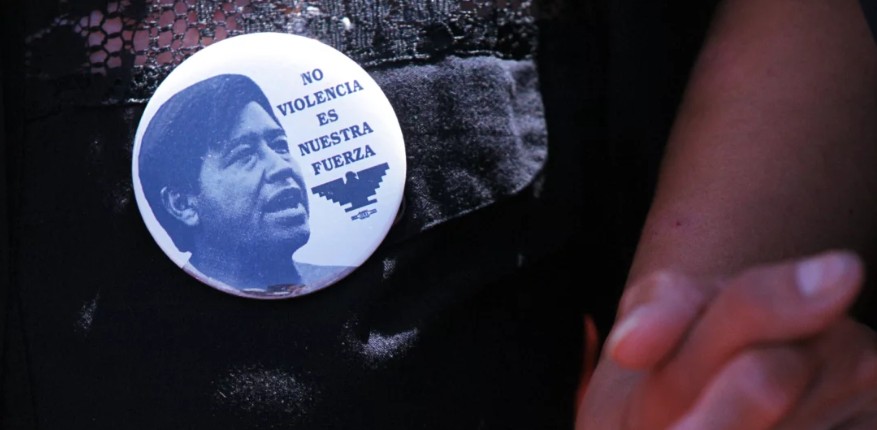Why the French Far-Right Depends on Marine Le Pen: Legal Setback and the 2027 Presidential Race

Marine Le Pen Faces Legal Setback: Will She Be Barred from 2027 Presidential Race?
In what could be a major blow to the French far-right, Marine Le Pen, leader of the National Rally (RN) party, was handed a four-year prison sentence on March 31, 2025, for embezzling European Union funds. The court ruling also included a five-year ban on holding public office, potentially derailing her bid for the 2027 French presidential election.
The Legal Case Against Marine Le Pen
Le Pen, 56, was convicted of misusing more than €3 million ($3.3 million) in European Parliament funds between 2004 and 2016 to pay party staff. While Le Pen and 24 other figures from her party denied the charges, the court found that Le Pen had been “at the heart” of the scheme to redirect EU funds to pay party workers, violating EU regulations. The case, which has been under investigation for almost a decade, culminated in her conviction and a €100,000 ($108,195) fine.
Despite her lawyer’s intention to appeal the verdict, Le Pen is currently ineligible to run for public office, including the upcoming presidential race, until the appeal is resolved—something that could take several years, with no guarantees of a more favorable ruling.
Impact on Le Pen’s Political Future
Le Pen’s legal troubles come at a crucial time. With the 2027 presidential election on the horizon, Le Pen had previously emerged as the likely frontrunner, polling around 42% in recent surveys, and was seen as a strong challenger to incumbent Emmanuel Macron’s centrist policies.
As the leader of the National Rally, Le Pen has transformed the party, which was initially rooted in far-right nationalism, into one of the most significant political forces in France. Under her leadership, the RN has attracted younger, working-class voters, making it the largest party in France’s parliament after last year’s elections.
Despite RN’s success in the first round of the 2022 parliamentary elections, the party failed to secure an overall majority and remains outside the ruling coalition. However, this setback has not deterred Le Pen’s influence, with many viewing her as a strong candidate for the presidency.
Political Reactions and Public Debate
Le Pen’s conviction has ignited a fierce debate within France and across Europe. Her party has accused prosecutors of targeting her for “political death”, seeking to keep the popular leader from contesting the next presidential election. Supporters of Le Pen argue that the legal actions against her are politically motivated, designed to eliminate her from the French political landscape.
Le Pen herself voiced her dismay over the ruling, stating that the judges’ decision could determine the fate of her political movement. Meanwhile, her allies in Europe, such as Hungary’s Viktor Orban and Italy’s Matteo Salvini, have expressed solidarity with Le Pen, claiming that the ruling marks a democratic setback and an affront to European values.
What’s Next for Marine Le Pen and the National Rally?
While Le Pen’s sentence could potentially bar her from the 2027 presidential race, the decision is not final. She has the option to appeal the ruling and could seek intervention from the French Constitutional Council, which will weigh in on whether such bans are legally valid. Despite these legal challenges, Le Pen remains a key figure in the French far-right and a major player in the nation’s upcoming elections.
For the National Rally and its supporters, this trial represents a critical moment. As the far-right in Europe continues to gain momentum, Le Pen’s fight for justice could become a rallying cry for her followers and an important symbol in the struggle for political power.









